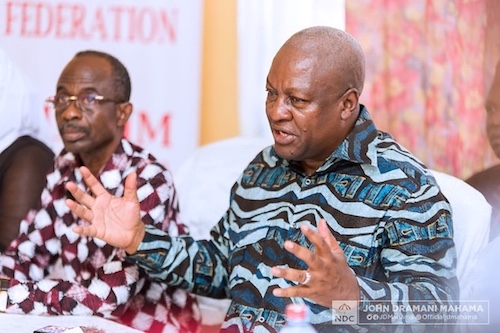Ghanaian politician and Deputy Information Minister, Felix Kwakye Ofosu has reiterated that individuals employed in the government sector after December 7 will be dismissed
According to him, the incoming administration will not recognize these appointments, as they were made beyond the acceptable transition period. This announcement has sparked widespread concern among affected workers who now face uncertainty regarding their employment status.
The former deputy minister emphasized that thousands of people could be impacted by this decision, as many were hired during the final weeks of the current administration. He noted that such last-minute recruitments often lack transparency and are politically motivated, which is why they will not be upheld. This stance, he added, aligns with efforts to ensure fair employment practices within the public sector.
Government job dismissals after election transition in Ghana
If you were employed after December 7, 2024, GO HOME. Your appointment has been terminated.
-Government to Public Sector Workers#GhanaToday pic.twitter.com/UgeOytqyut— GHANA TODAY (@_GhanaToday) February 11, 2025
All appointments and recruitment made after December 7th, 2024 nullified. – Chief of Staff, Julius Debrah to Heads of Government Institutions#GHOneNews #EIBNetwork #GHOneTV #NewsAlert pic.twitter.com/Rpm2s8GjB5
— GHOne TV (@ghonetv) February 11, 2025
Kwakye Ofosu further explained that reversing these appointments is necessary to prevent undue financial burden on the state and to maintain administrative integrity. He stressed that the government should not be used as a tool for political patronage, especially in its final days in power. Instead, he urged for due process and proper vetting of all public sector recruitments.
This development has ignited debates on job security and governance, with some affected workers calling for clarity on their fate. While opposition voices argue that these dismissals are unfair, proponents insist that the move is necessary to uphold good governance. The decision remains a major talking point as the transition process unfolds.


